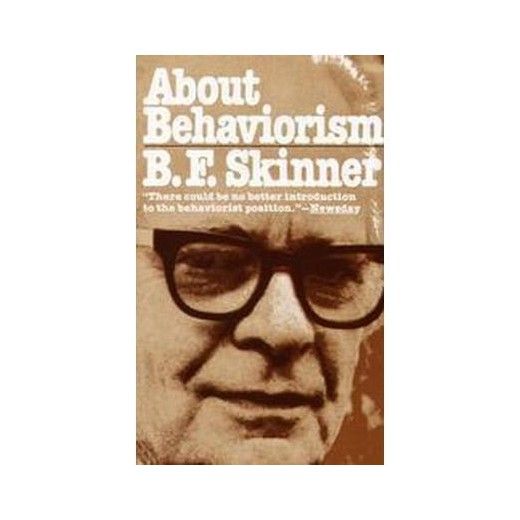Unstuck in time
I've been thinking about an idea for a post.
It's about writing. It's about "The Great Gatsby," the future of journalism, our delusions as wordsmiths, the advantages of multimedia, and a few other ideas.
I'd planned to write it today.
But moments ago I heard on the radio that Kurt Vonnegut had died.
And suddenly I don't feel much like writing about writing.
I only want to write about Kurt's writing.
For those of us of a certain age, Kurt was the greatest of writers. He spoke to us in a way we longed to be spoken to. He was older, but unlike so many of his peers in the Vietnam era, he was wiser too.
And for writers of a certain age, he was what we aspired to be. He was brilliant and unusual and self-depreciating and lovely and gentle and fierce. And he had transcended the rules of our craft -- creating stories that were nothing like what had come before.
If you know Kurt's work, you know how difficult much of his life has been. His mother committed suicide. He was a prisoner of war in the second World War. His son developed schizophrenia. Kurt tried to kill himself in 1984. He was heavy drinker, a compulsive smoker and he struggled with depression.
But when he wrote -- God, when he wrote -- it was perfect.
The opening line of Kurt's best-known book, "Slaughterhouse Five," is "Listen: Billy Pilgrim has become unstuck in time." It's a reference to the hero of that book -- a POW who moves back and forth in time. It was also a reference to Kurt's often-stated belief that linear time was an illusion (He liked to "prove" that point by saying that if time progressed, then it was logical that he would be a better writer in his later years than he was in his early years. But since there was no suggestion that he was getting better, there was no reason to believe that time moved in one direction only.)
But if you've read "Slaughterhouse Five" you know that it's about more than time or war. It's about the enormity of small lives. It's about what is implied by becoming unstuck in time -- an understanding that all things are happening at the same time for all time.
And if you accept the premise of that book, than you know not to mourn. Because if everything is always happening, has always happened and always will happen, then Kurt is still writing. Just as Kurt is still a POW, just as he has always been dead, has always been a new father, always been a struggling businessman, always loved his wife, and always, always been lighting a cigarette.
Just as somewhere out there, I have always been doing this -- sitting at a computer, typing a line that Kurt had written on a cartoon tombstone in "Slaughterhouse Five:" "Everything was beautiful, and nothing hurt."
Just as I have always been hoping, always will be hoping, that it is true.




